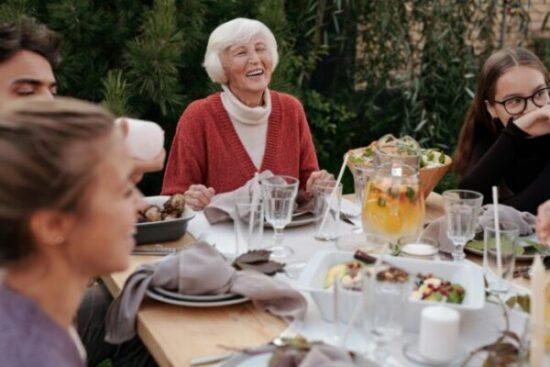We invite you to join us as we continue our series on pharmacy school education and explore what’s involved in becoming a pharmacist.
Written by Katelin Rockey, Pharm.D. Candidate, University of Florida College of Pharmacy
Navigating the Third Year
The third year of a UF College of Pharmacy students curriculum is the final year of didactic education (education in the classroom). This year is not only spent learning additional clinical knowledge, but it is also spent scheduling and preparing for their Advanced Pharmacy Practice Experiences.
Third year classes are structured similar to those in their second year: clinical knowledge and case-based learning. Students take courses on the topics of Pain, Brain and Behavior, and have a final class called “Complex Patients”, which revolves around patients with more than one disease state that may complicate treatment. Third year students will also take courses regarding Pharmacy Law in preparation for their licensing exam, as well as additional electives of their choice.
The third year serves as a bridge between foundational material and the practical experiences awaiting students in their fourth year. It involves reviewing past content while absorbing new material.
To simulate the demands of fourth-year rotations, students participate in a week-long “bootcamp” led by professors. During this intensive period, professors assign projects and rounds, setting higher expectations.
Our next and final blog post in this series will dive further into what goes into an Advanced Pharmacy Practice Experience, or APPE.



